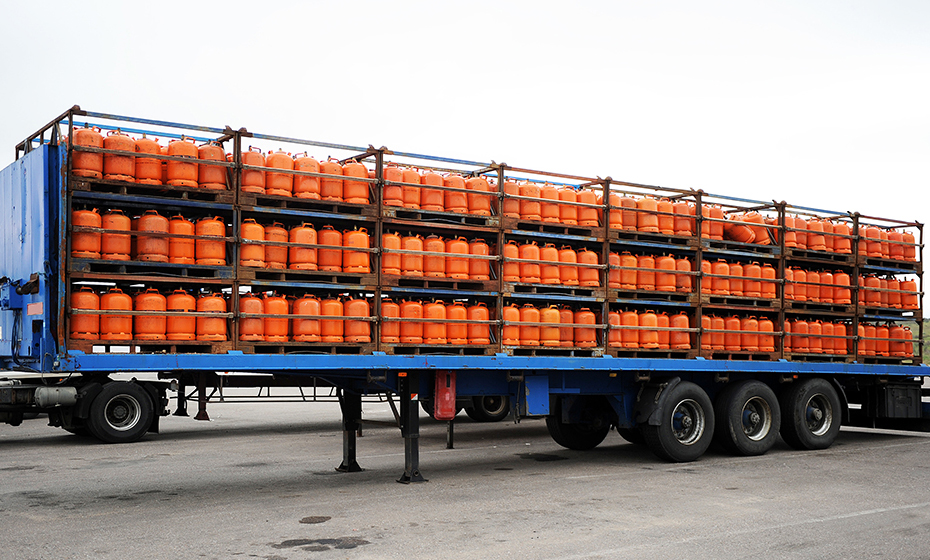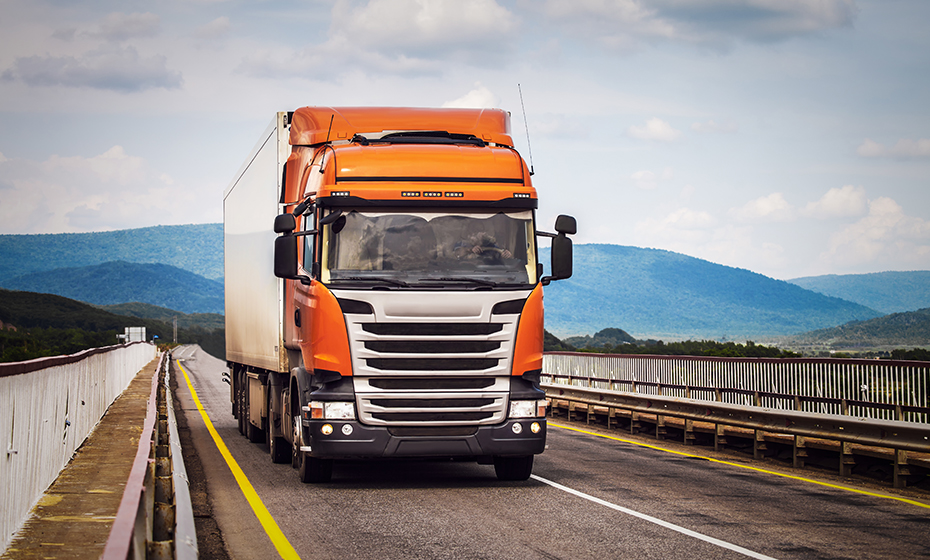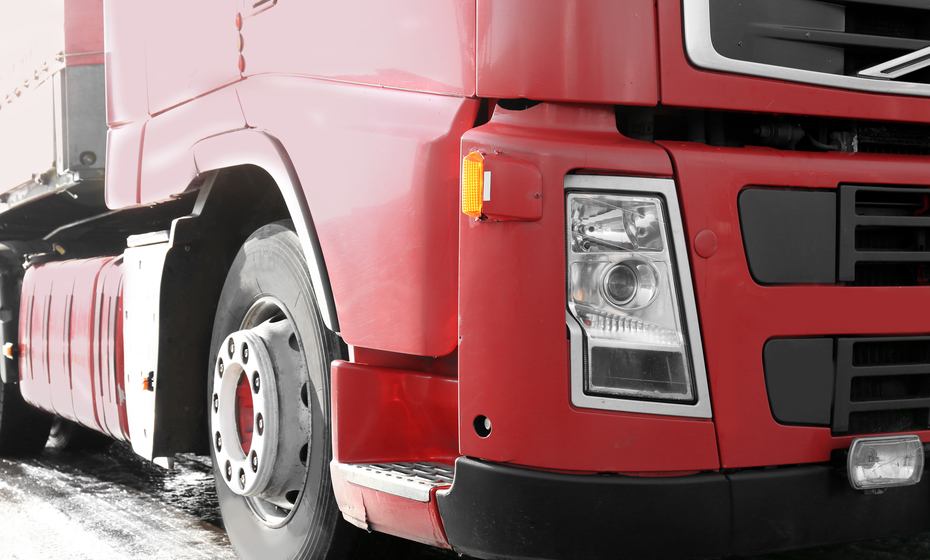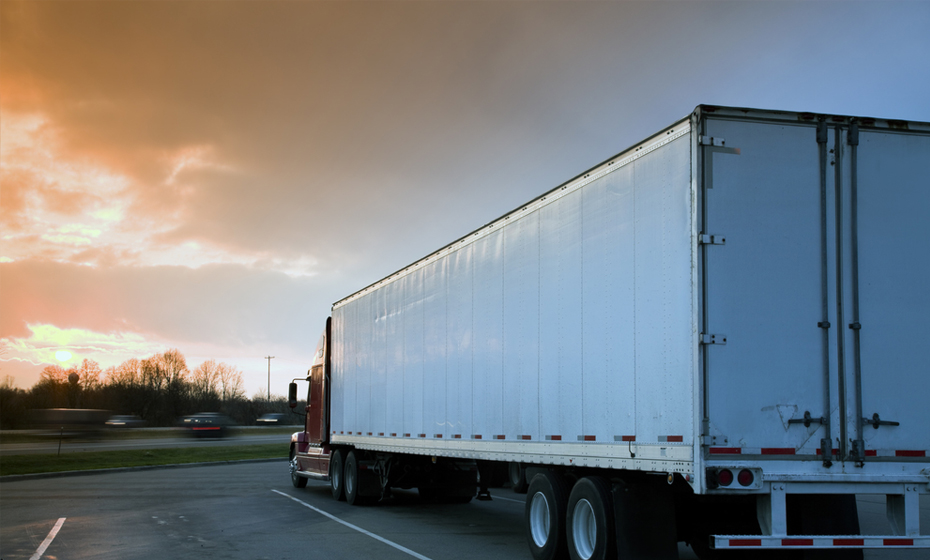In this day and age, nearly everyone is familiar with propane. For those who are not, it is a flammable gas. You likely know someone who has a propane grill on their patio, just as an example. It runs off of a portable propane tank.
When it comes to transporting propane, that is regulated under the TDG (Transportation of Dangerous Goods) Act and Regulations. The movement of any propane tank trailers, propane cylinder, or propane tank, unless an exemption applies, is controlled under those guidelines.
Propane Gas
The shipping name of propane falls under the Liquefied Petroleum Gas classification. This refers to petroleum gas mixtures containing propane, isobutane, propylene, isobutylene, butylene, or butane. So, on any road vehicle shipping document involving propane, it will be referred to as Liquefied Petroleum Gas. This is the law. Those words must appear on a shipping document that applies to any propane shipment.
Securing and Loading Cylinders
Because they contain gas under pressure, all cylinders with compressed gas are considered dangerous. The value of the cylinder can be easily destroyed by it striking another object or falling. Even the most minor collision can create, out of an ordinary cylinder, what basically boils down to a rocket! Section 5.4 of the TDG regulations states that ‘the tank (containment means) needs to be not only loaded onto but secured onto the transport means (vehicle) in a way that, under normal conditions of transportation, prevents damage to the transport means or the tank that could lead to the dangerous goods being accidentally released’.
That’s a mouthful. In a nutshell, what it means is that propane tanks must be secured and protected from damage. Also protected from damage should be the vehicle in or on which the tank is being transported. If an accident occurs, disaster could be imminent.
Requirements For Propane Shipping Documents (Dangerous Goods)
The following must appear on a legal shipping document where dangerous goods/propane is concerned:
*Address and name of consignor
*Shipping documentation preparation date
*The following order should be used to describe the dangerous goods:
- Shipping name: Liquefied Petroleum Gas – Propane
- For propane that has not been odorized – “Not Odorized” must appear
- 2.1 primary classification
- UN 1978 (the UN number)
- Classification as “none for compressed gases” packing group
- Using SI (International System of Units), the quantity
- The number of containers that need safety labels (small containers being used for dangerous goods)
- An easily reachable telephone number for the consignor proceeded by the words “24-hour number”
- An ERAP number (emergency response assistance plan), and, if required, an activation telephone number
At Mickey Genuine Parts, we offer a specialized part (rack) for the transport of portable propane tanks as well as racks and carriers for carts. But that is just the tip of the iceberg. We carry nearly every trailer and transportation part and accessory imaginable. We also have highly trained, experienced technicians at our Mickey certified service centers located throughout the United States. These individuals can help you up fit and customize your trailer, including a method for the safe transport of propane tanks. Contact us today with any questions you may have.




